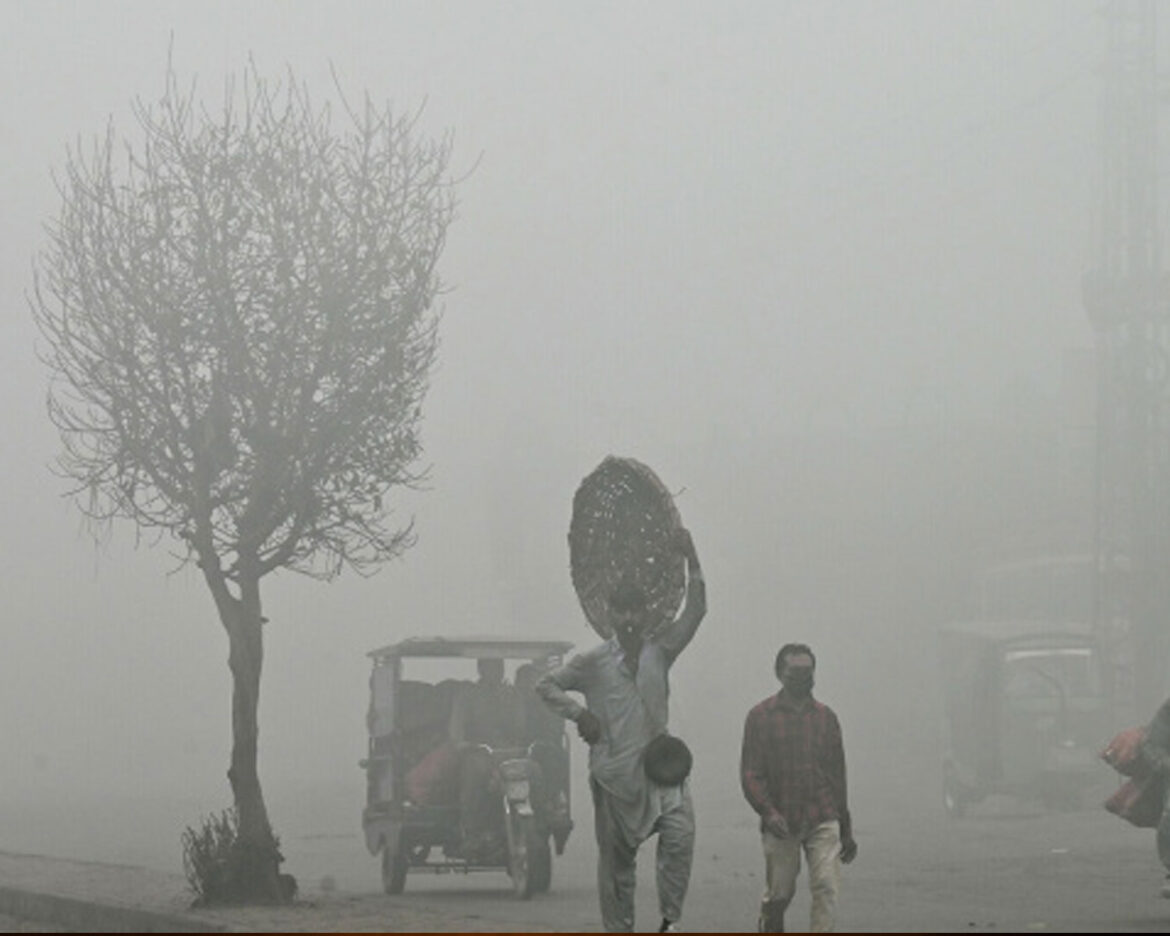The alarming rise in smog levels across Pakistan is not only affecting human health but also causing substantial harm to plant life. Experts have raised concerns that the hazardous air quality, driven by pollutants like sulfur dioxide, nitrogen oxides, and particulate matter, is endangering crops, forests, and urban greenery.
Plants exposed to high levels of smog can experience stunted growth, reduced photosynthesis, and increased vulnerability to pests and diseases. The agricultural sector, especially in regions like Punjab, faces significant challenges as crops such as wheat, rice, and vegetables are showing signs of stress due to prolonged exposure to polluted air. “This level of smog can disrupt the delicate balance of our ecosystem,” said an agricultural scientist, emphasizing that the impact of smog could have long-term effects on food security and biodiversity.
Environmentalists urge that immediate steps be taken to mitigate pollution levels, such as reducing industrial emissions, controlling vehicular exhaust, and encouraging sustainable farming practices. The government and local authorities are being called to action to address these urgent environmental challenges, as the smog crisis continues to endanger both human and plant health in the region.



